Oral language often takes a backseat to other subjects in the curriculum. We do curriculum mapping to make sure we cover all of the reading, writing, and math standards for our students, but how often do we map out a plan for addressing oral language skills? In my state, Illinois, we use the Common Core Standards, and I have to admit that I almost always look at the other literacy standards and only infrequently glance at the “Speaking and Listening” standards.
But guess what? THIS IS NOT GOOD!! Recently, I’ve had the opportunity to participate in some professional development and learn more about students’ oral language and literacy development. I want to share what I’ve learned so far with you, because oral language development is definitely something worth paying attention to – whether you teach ELLs or students whose first language is English. Read on for some of the facts that I’ve learned about how students’ oral language affects their literacy development, as well as some tips to help develop your students’ oral language.
The car and the truck were carrying some large boxes.
This sentence might seem pretty simple at first glance. But it contains all of the following ideas:
– There was a car
– There was also a truck
– The car and the truck were carrying some boxes
– The boxes that they were carrying were large
If a child cannot repeat back the sentence exactly as it is spoken, he/she likely does not grasp all of those individual ideas that make up the sentence. Missing many small details like this adds up to poor reading comprehension and inferential thinking.
6. Oral language ability impacts students’ writing. Do you have any students whose writing consists of one big run-on sentence, a bunch of thoughts connected by “and,” “and,” “and?” They likely sound the same way when they talk.
I feel like I’m sharing lots of bad news here!! And, honestly, poor oral language development can be really bad news for students when it comes to their literacy development. However, there ARE things that we can do to support students’ oral language development. Here are a few ideas:
– Simplify directions given orally. Students who struggle with listening comprehension / oral language likely will not be able to understand or follow directions that are include lots of clauses, prepositional phrases, etc. You can’t stop giving multi-step directions just because you have students who struggle with their oral language. You can, however, give those directions in simple language, one step at a time, with pauses in between.
– Have students engage in “turn and talks” (think-pair-shares) every 4-5 minutes. This sounded like a lot to me, but again, oral language develops through use – kids need to talk about what they are learning!
– Provide low-risk opportunities for kids to practice talking. Kids need to feel comfortable talking about non-academic topics before they will take risks when talking about their learning. Low-risk activities can take the form of having students share about their activities over the weekend or asking them to talk to each other about what they see in a funny/strange picture. During these “practice sessions,” act as a participant or observer in the conversation, rather than bombarding kids with questions. Encourage kids to use specific vocabulary words during the discussion.
– Help students extend their oral language with prompting. Here’s a sample conversation between a child (C) and teacher (T):
T: Where did you go this weekend?
C: The park.
T: Oh, you went to the park? What did you do there?
C: Played on the swings.
T: Ah, you played on the swings. Who did you play with?
C: My brother!
T: Great! You could say, I went to the park and played on the swings with my brother. Can you say that with me?
C & T: I went to the park and played on the swings with my brother.
T: Let’s say that again.
C & T: I went to the park and played on the swings with my brother.
T: One more time, what was that sentence?
C: I went to the park and played on the swings with my brother.
T: Great job!
Of course, you’re not always going to have time to have these conversations one-on-one with all of your students – but when you do have the opportunity, you can work to help your kids come up with more complex sentences.
– Have students talk before they write. Not only does this develop students’ oral language, but it also helps improve students’ writing. Have students tell a partner a story before writing it, or the first few sentences they plan to put down on paper when responding to a story. Young kids need to repeat each sentence a few times before they write it. If they can’t say the sentence they want to write a few times (without errors), then work on having them come up with a sentence that they can “hold onto” before they write anything down.
– Put kids who struggle with oral language and comprehension into simpler texts. Even if a child can decode at, say, a level M, if they struggle with oral language and comprehension, try them at a level K. Help them understand what it feels like to be successful with comprehending text and making inferences. Then, you can gradually work up to texts with more complex language.
One of my “teacher resolutions” for the new year is to give my students more opportunities to develop their oral language. My time with them is short, since I teach intervention groups, but as our presenter put it, we don’t have time not to address oral language.
Do you plan on trying out any of these ideas? Or do you have a fun activity to develop students’ oral language? Comment below!
Happy teaching!
References
Mullins, C. (Presenter) (2014, December 15). Oral Language Development.
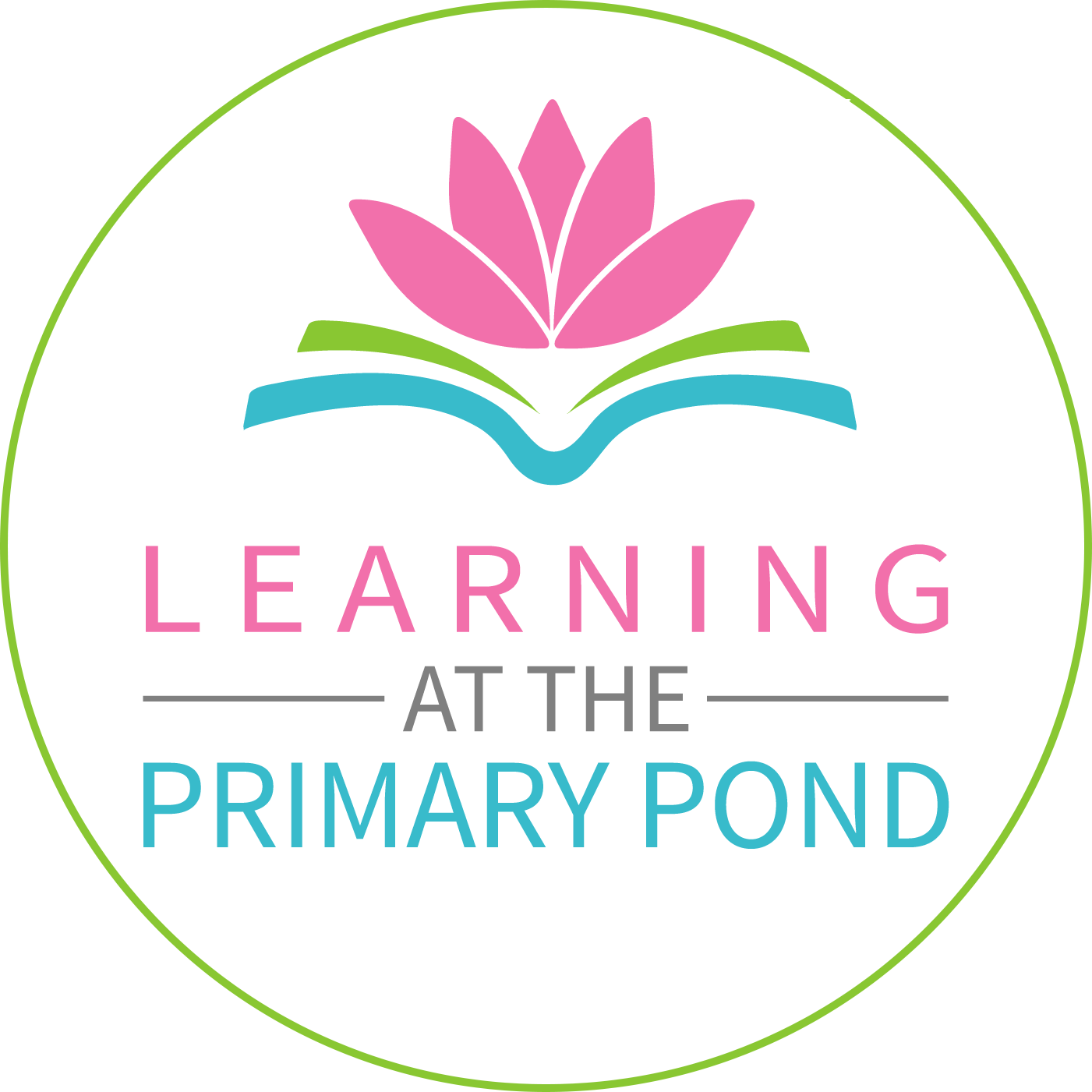
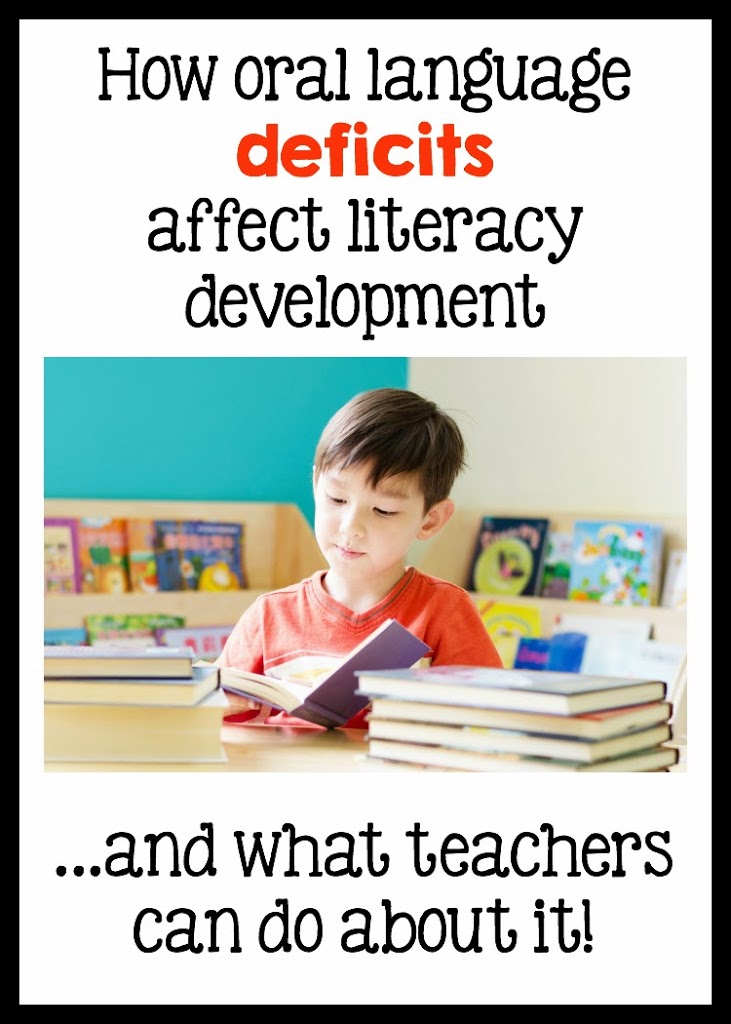
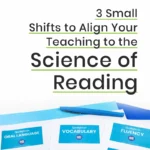
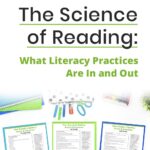
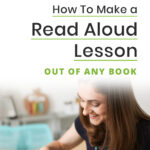
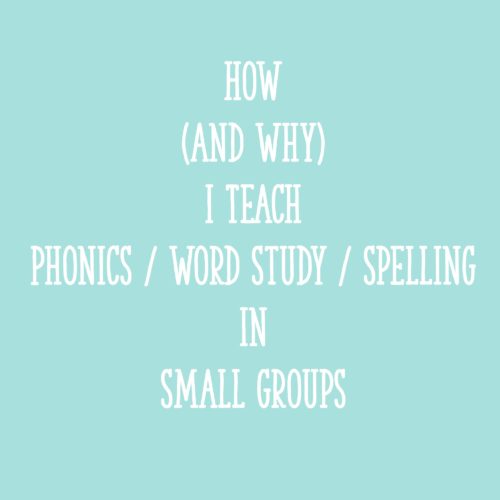

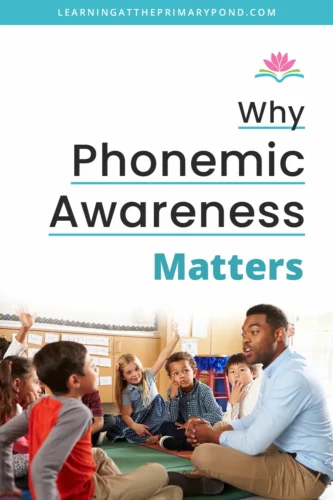

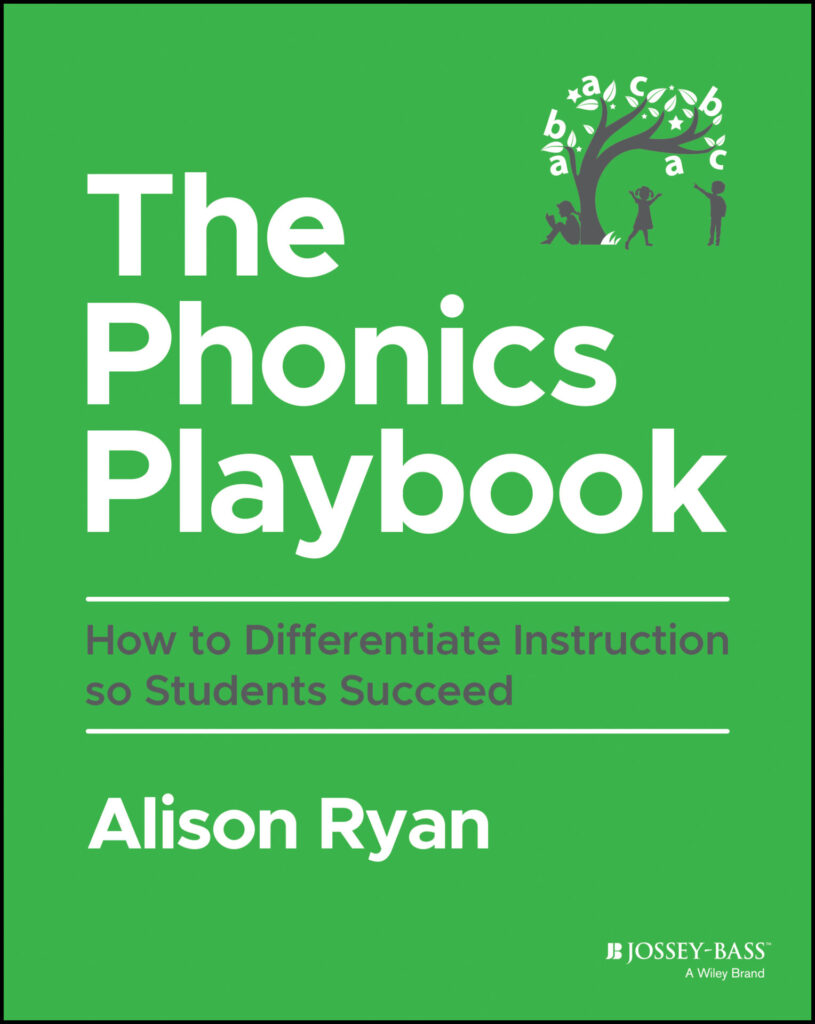
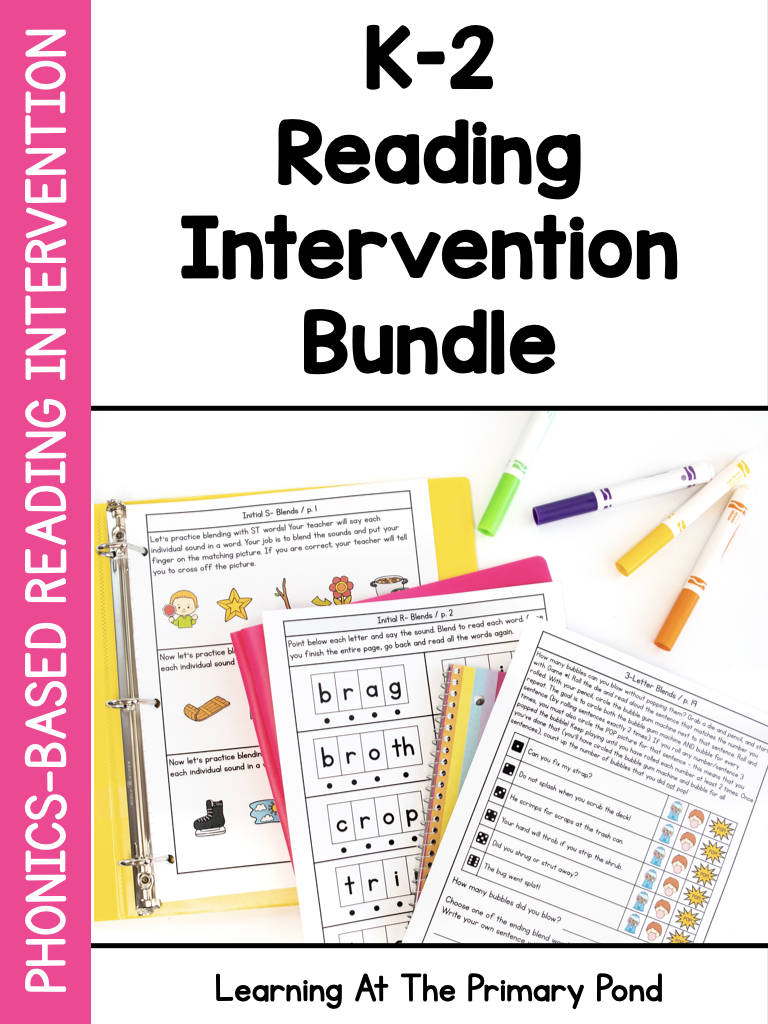
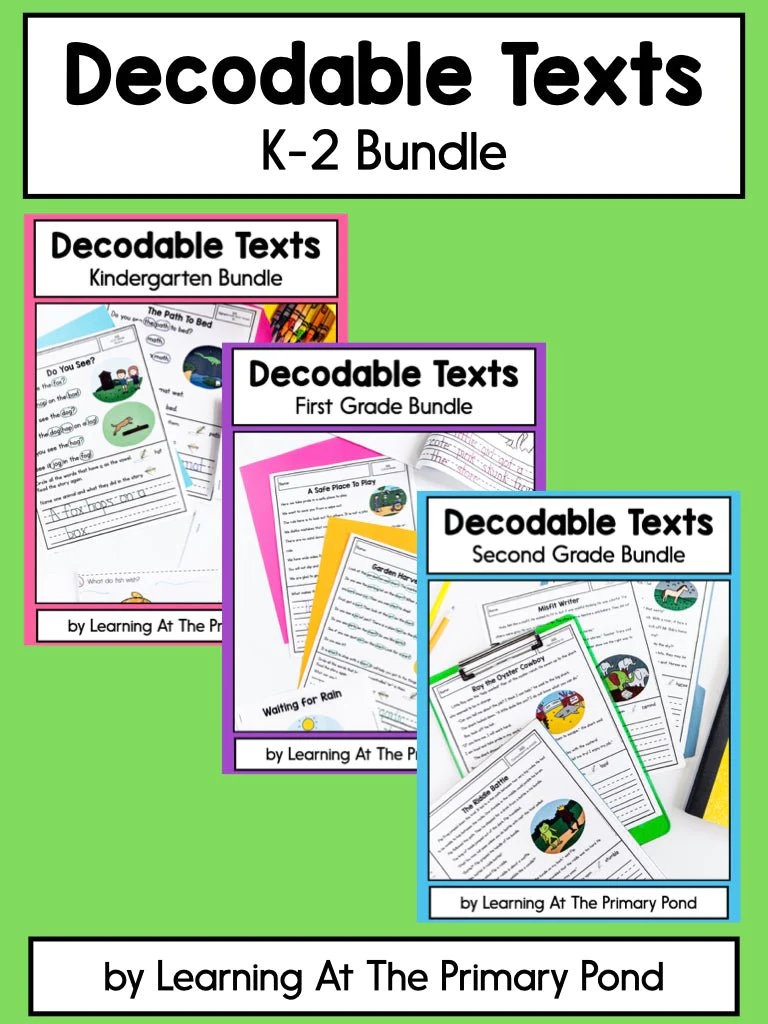

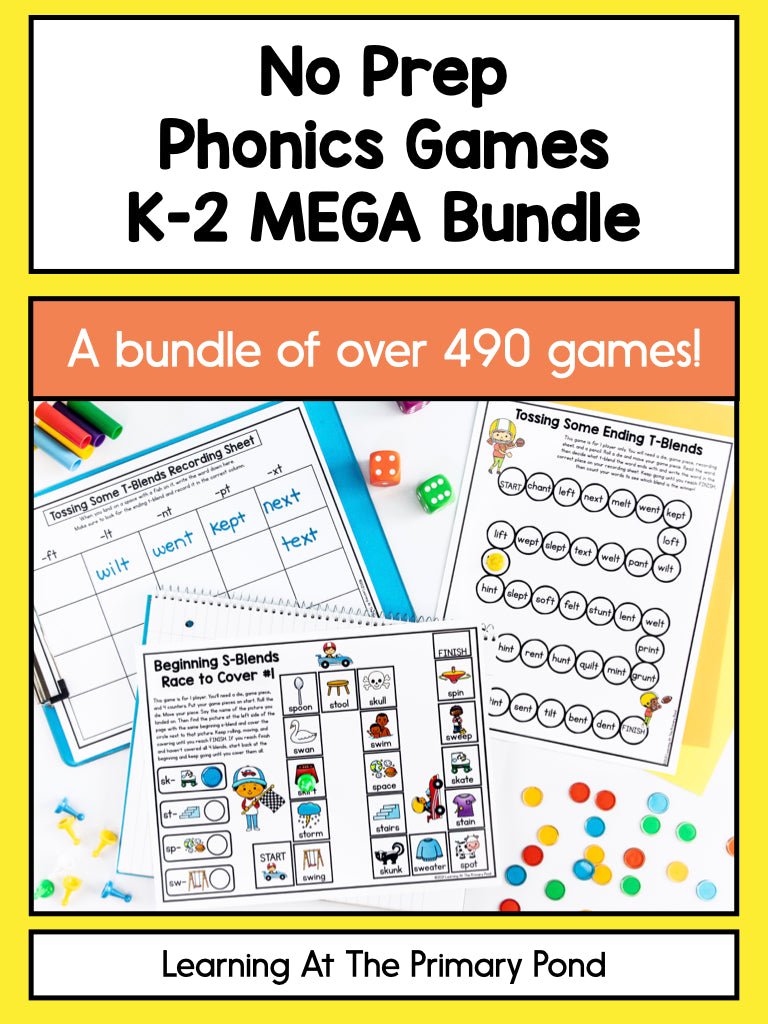
Alison,
I am a first grade teacher with an early childhood background. Identifying weaknesses in oral language in young children is crucial to their success in school. Thank you for sharing and reminding us to let children talk!
Hi Donna, thanks so much for your comment! I also have an early childhood background and taught Pre-K before moving to K-2. I feel like oral language is so easily forgotten, even though many of our kids come to us lacking those skills!
Thank you for this post. As a SLP, I am always talking about the correlation between expressive language ability and literacy skills. I’d love to share this post, with your permission. Thanks.
Hi Susan! Please do – I’m glad it was helpful!
Alison
I’m a SALT in the U.K. Thanks for sharing!
I am adding a Reading Endorsement to my certification and needed to read more on helpful ways to encourage oral language. I found this site by a google search. It is wonderful. Thank you for sharing. Our last quarter will be the best of the year with oral language becoming an important element of our daily schedule.
Hey Tammie! I’m so glad this was helpful. Good luck with your endorsement program!!
Alison
I like the idea of using the Oral Language Assessment by Mondo. It is amazing what you learn about the student’s oral language.
Hello Alison, The oral language assessment is not available anymore, do you have another similar resource?
thank you!
Carolina
Hey there Carolina! I’m sorry that you weren’t able to access the assessment with the link that I provided in the post! But good news is that I found a PDF link to the assessment-yay! It starts on page 39 of this document: https://michellemcqueen.weebly.com/uploads/3/0/9/2/30924747/letstalkaboutitgbgrk-3.pdf. 🙂